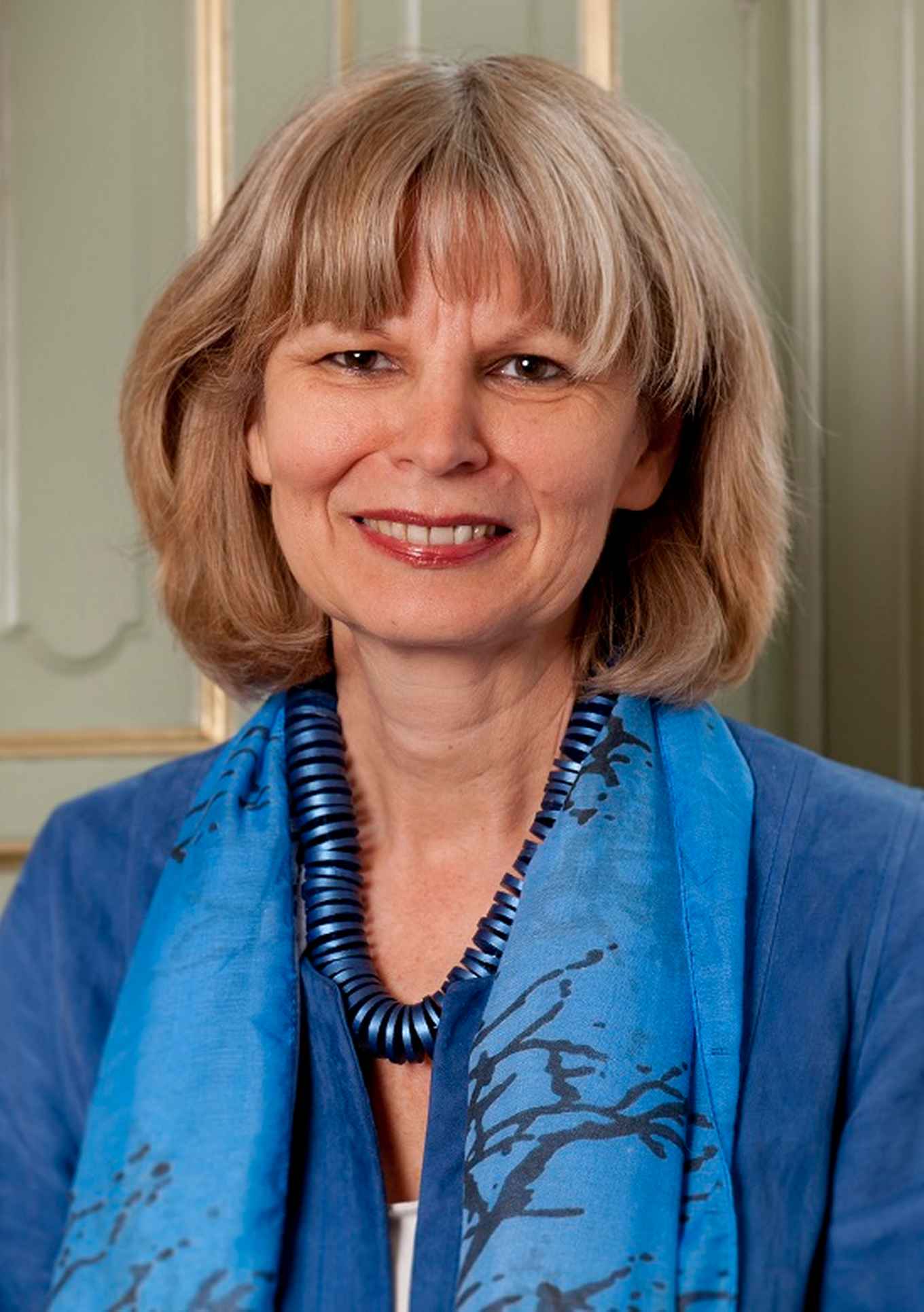José van Dijck appointed president of the KNAW
4 maart 2015

The committee believes that José van Dijck will do a superb job of representing the Academy because of ‘her international reputation, her passion for science, her administrative experience and her sparkling eloquence’.
Van Dijck had this to say about her appointment: ‘It’s a tremendous honour to have the Board and members of the Academy select me as their president for the next three years. Of course, I’m standing on the shoulders of giants. Hans Clevers, Robbert Dijkgraaf and Frits van Oostrom have made the Academy what it is today, a distinguished institute populated by eminent scientists who are grounded in the real world. The Young Academy and the Society of Arts are two jewels in the Academy's crown, and I am really looking forward to working with all of our members to open the doors of the Trippenhuis Building even wider.’
Van Dijck researches social media, media technologies and digital culture. In 2000, she became a professor in the Department of Media Studies at the University of Amsterdam. She chaired the department from 2002 to 2007 and became the Dean of the Faculty of Humanities in 2008, a position she held until 2011.
Van Dijck played a key role in the founding of CLARIAH, a consortium of humanities research institutes that includes four academy institutes. Van Dijck has been a visiting professor and visiting scholar at the Massachusetts Institute of Technology (MIT), the University of Technology in Sidney, and the Annenberg School of Communication at the University of Pennsylvania. Her most recent book, The Culture of Connectivity. A Critical History of Social Media, was published in 2013.
Van Dijck succeeds Hans Clevers who wishes to devote himself entirely to his research as doctor and geneticist.